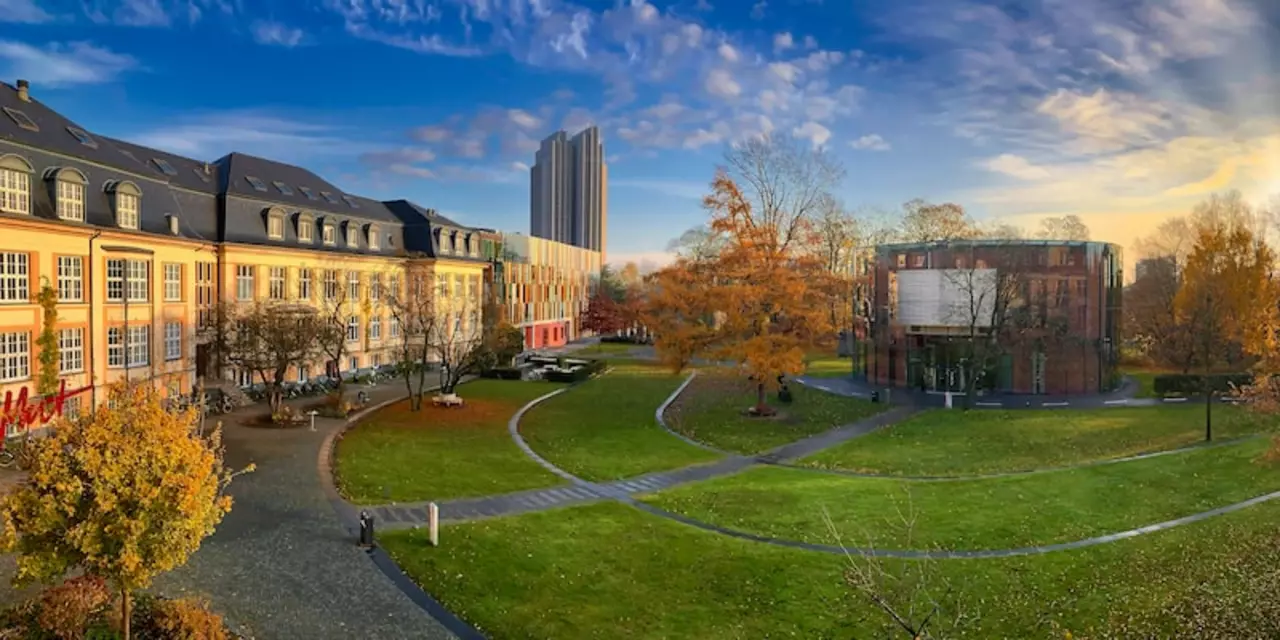
Exploring the Benefits of Attending Private School
Uncovering the True Costs of Private School Tuition
When it comes to the cost of private school tuition, many parents are taken aback by the sticker price. While the annual cost of attending a private school can be quite high, it’s important to remember that the full cost of private school tuition includes much more than just the base tuition rate.In addition to the base tuition rate, there are many other costs associated with attending a private school. For example, parents should factor in the cost of uniforms, textbooks, and extracurricular activities. Depending on the school, these costs can add up quickly. Additionally, many private schools have additional fees for enrollment, technology, and transportation.
When calculating the true cost of private school tuition, parents should also factor in the cost of other school-related expenses. These expenses may include lunch, after-school programs, and field trips. Furthermore, many private schools offer additional services, such as daycare, tutoring, and counseling, which can add to the overall cost of tuition.
Finally, parents must also consider the long-term costs associated with attending a private school. Private schools typically offer advanced courses and accelerated programs that can help students prepare for college. While these courses are often a good investment in the long run, they may come with additional costs such as test preparation and academic support services.
Ultimately, the true cost of private school tuition can vary greatly from one school to the next. When considering these costs, it’s important for parents to do their research and factor in all of the associated expenses. Doing so can help ensure that they are making the best decision for their child’s education.
Unveiling the Social Experience of Private School
Examining the Academic Rigor of Private School
Attending private school often comes with an expectation of rigorous academics. Private schools have a reputation for having higher standards and demanding more from their students than public schools. But what does that mean in practice?Private schools typically have smaller class sizes, which allows a teacher to give more individual attention to each student. This can lead to higher expectations for each student in terms of academic performance. Private school teachers often have higher expectations for student performance, and they may require students to complete more difficult assignments than those given to students in public school.
Private schools also tend to have higher standards for content knowledge and skills. Students may be expected to have a more in-depth knowledge of a subject than those in public school, and they may be expected to have a greater mastery of the material. Private schools may also have higher expectations for a student’s ability to think critically and analyze material.
Finally, private schools may require students to take more tests and assessments than those in public school. These assessments may be more challenging and require a greater level of understanding than those given in public school.
Attending private school can be a challenging and rewarding experience. Students in private school can expect to be held to higher standards, both academically and socially. With the right attitude and effort, private school can provide an excellent education and prepare a student for success in college and beyond.